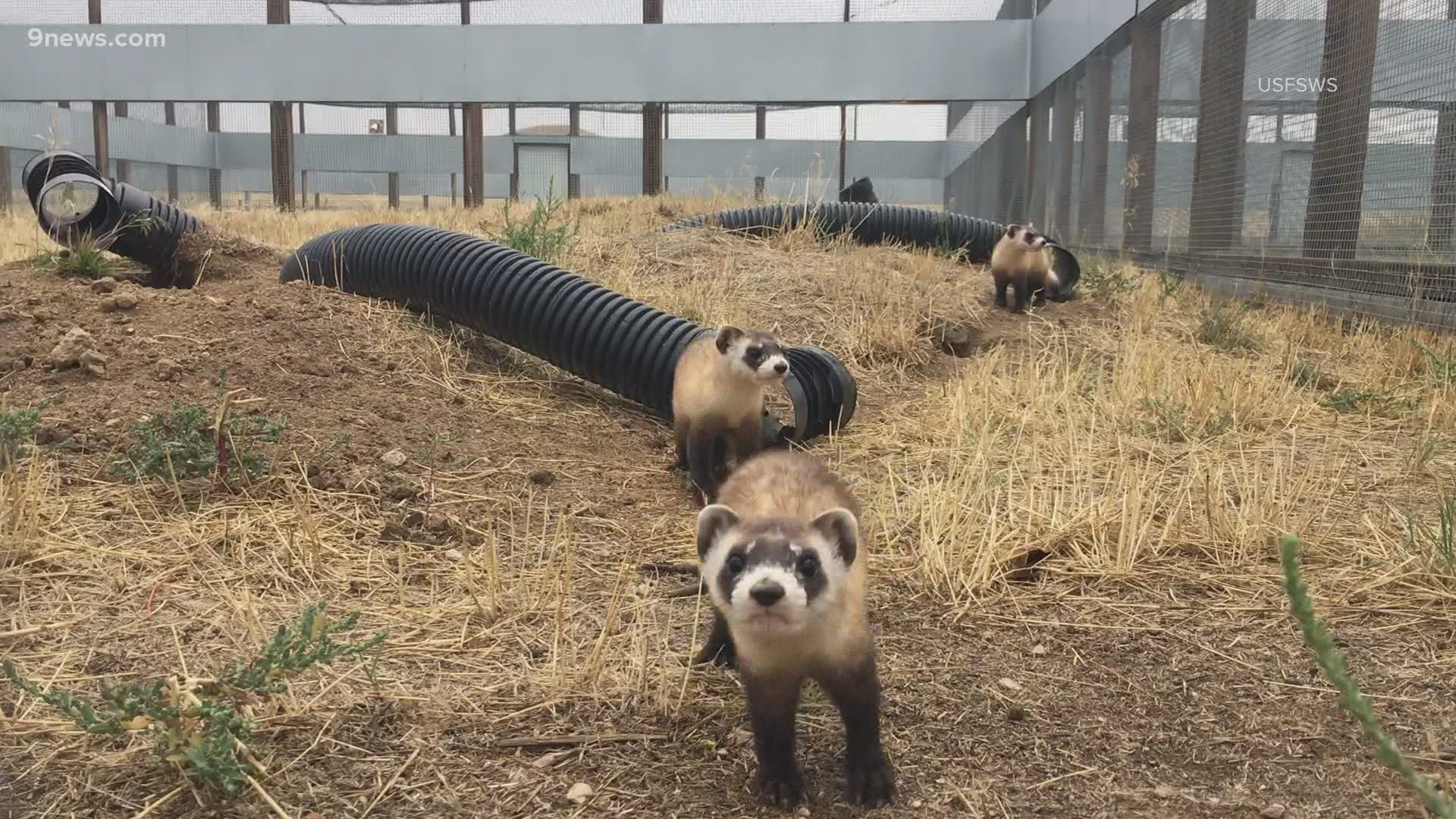WELD COUNTY, Colo. — Five skunks in Weld County have tested positive for rabies recently.
Weld County Public Health and Environment (WCPHE) said the cases were spread in different parts of the county.
- Two of the skunks were found between Milliken and Platteville
- One skunk was found east of Platteville
- Two skunks were found in the Dacono, Frederick, Erie area
In each case, health officials said the skunks acted aggressively. In four of the five cases, the rabid skunks interacted with dogs.
>Video above: Endangered ferrets get experimental COVID-19 vaccine in Colorado
Any mammal, including people, can contract rabies. Human exposure increases when pets and domestic animals are not properly vaccinated, WCPHE said.
Rabies can infect any wild animal including foxes, raccoons, coyotes, bats and skunks. Health officials said all domestic animals should be vaccinated against rabies. Rabies vaccines for pets are widely available.
Some Humane Societies, other animal rescues and local farm and ranch stores offer low-cost vaccine clinics, WCPHE said.
Signs of rabies
- Increase in saliva or drooling
- Nocturnal animals seen out in the daytime
- Slow or difficult movement
- Aggressive behavior
Rabies is a disease caused by a virus that affects the nervous system, WCPHE said. The disease causes inflammation of the brain and spinal cord and can be fatal if not treated.
Rabies is transmitted in the saliva of an infected animal through bites, an open cut, scratch or wound. People who think they may have been infected or exposed should get immediate medical help, WCPHE said.
Preventing exposure to rabies
- Do not feed, touch or handle wild animals, and be cautious of stray dogs and cats.
- Have dogs, cats, horses and livestock vaccinated regularly by a licensed veterinarian.
- Be cautious if wild animals suddenly appear friendly or are walking or behaving erratically.
- If your pet is in a fight with a wild animal, care should be taken in handling your pet until it is given a bath, or any blood or saliva is washed off. Human rabies exposure may occur from the saliva left on your pet from the wild animal.
SUGGESTED VIDEOS: Animals and Wildlife

